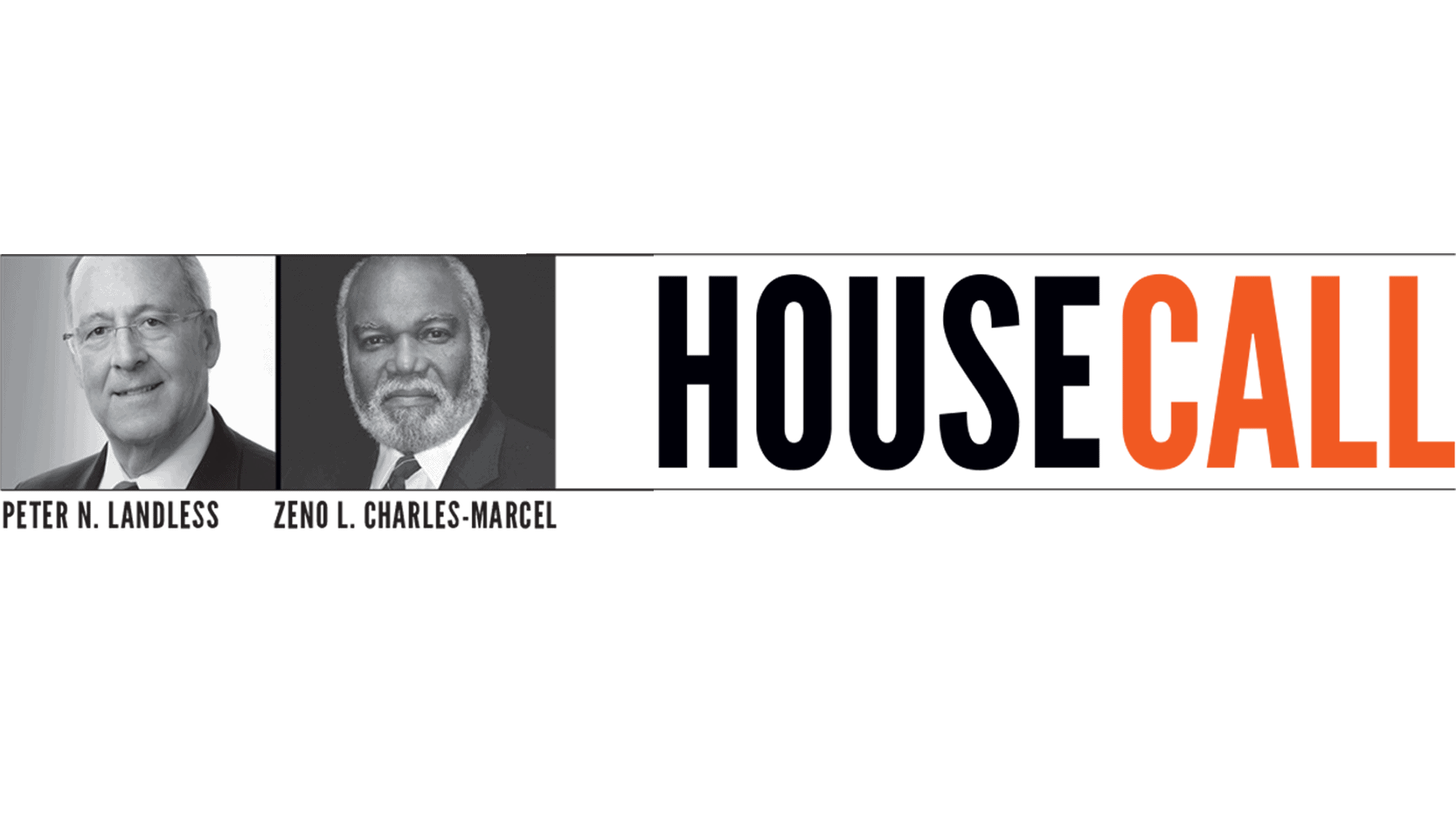
I was divorced eight months ago and have two teenagers at home alone at night because I accepted a rotating night shift for better pay. I am so irritable these days and can hardly sleep or stay asleep. Now my sleepiness is affecting my work. How can I be anxious and sleepy at the same time, and what can I do?
It seems very likely that you are suffering from an anxiety disorder with maybe depression as well. Because it is interfering with your daily life, you must see your doctor and a mental health specialist to help you with your situation. Here are some suggestions that may help as you immediately seek direct care.
You probably have ample reason to be anxious and depressed: a recent divorce, teenagers alone at home at night, financial challenges in the new single-income situation, poor sleep because of shift work, and no end in sight. You may also be experiencing a condition called shift-work sleep disorder, which negatively affects sleep and, in turn, may cause anxiety. But you may have other conditions that contribute to your current anxious state that your doctor will address if present. A knowledgeable Christian mental health professional (e.g., a certified social work counselor) may be able not just to help put your mind at ease about what you may be inappropriately anxious but also to help you navigate your life situations for which there is no obvious relief.
Here are some things you can do while attending to the urgent situation:
Talk with your employer to see if it is possible to be on a permanent nonrotating schedule. Such a change along with developing a workable daily sleep routine even on your days off will be helpful. Rotating shifts are difficult to adjust to. Also, if possible, plan a nap before or during your shift break to improve your alertness at work. Try to set up a safety net with trusted relatives, friends, family, and church family to supervise your teens. It may also be helpful to get some financial advice to see if there are better ways to manage your finances.
Helpful lifestyle adjustments include being intentionally more physically active (e.g., 30 minutes of moderately intense exercise in outdoor sunlight daily). This can reduce anxiety and depression, a natural stress reliever. After your night shift, avoid exposure to sunlight in the morning, use blue light-filtering sunglasses when you travel home, and use dark shades in your bedroom to help you sleep better during the day. Eat a balanced, whole-food diet at regular intervals with no snacking. Avoid caffeine, alcohol, and sugary foods and drinks.
Your health is not a trivial matter. Act with some urgency, and by God’s grace make the necessary changes. Our Reminded™ and YouthAlive® resources may be informative and helpful for you and your teens. We pray that God will help you find workable solutions and protect you and your family. SHALOM!